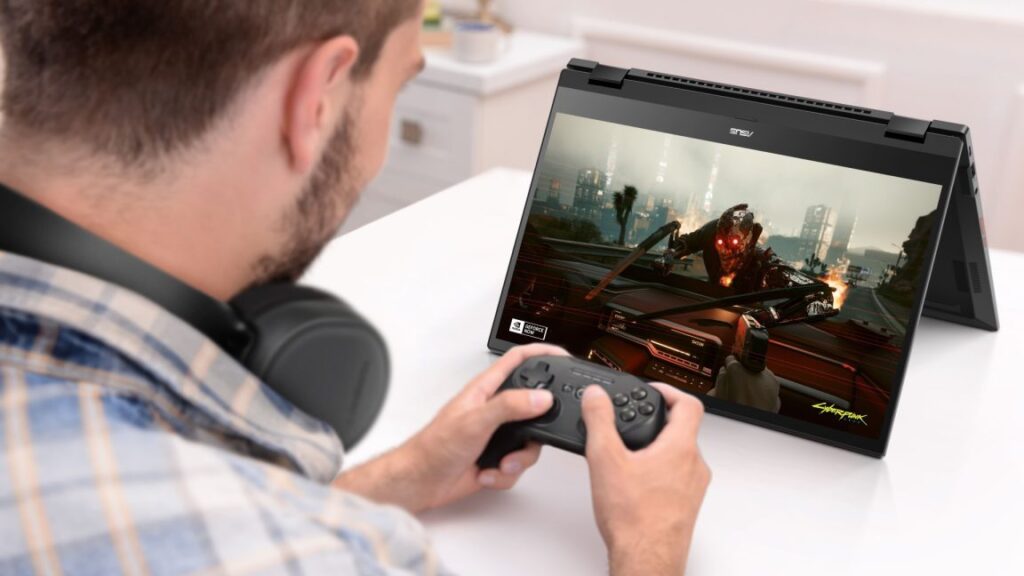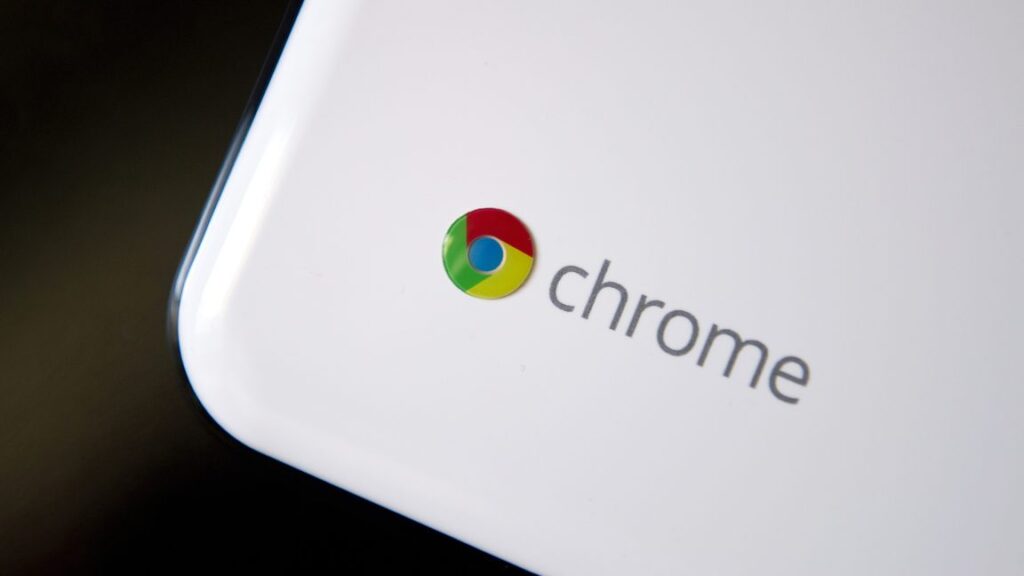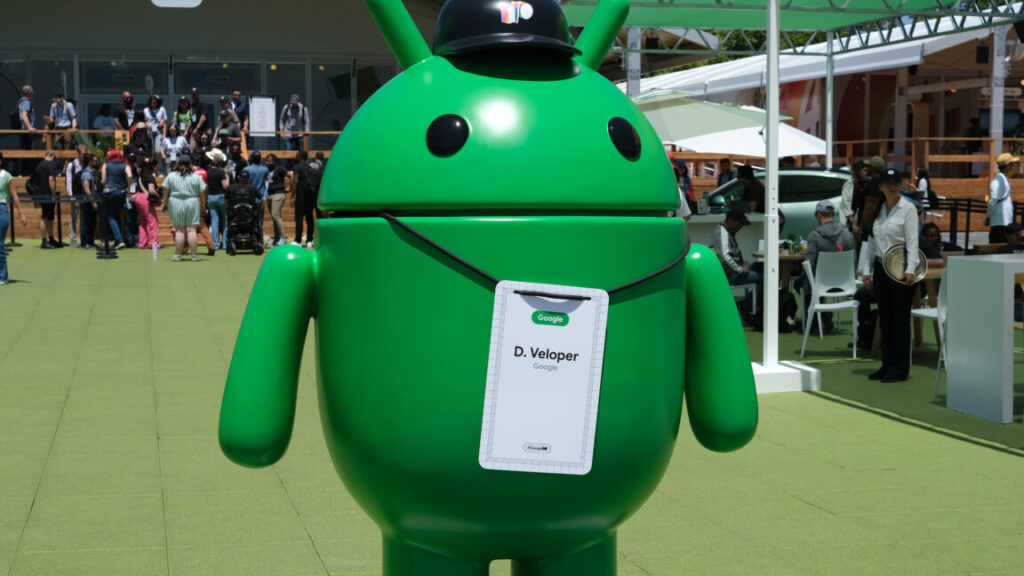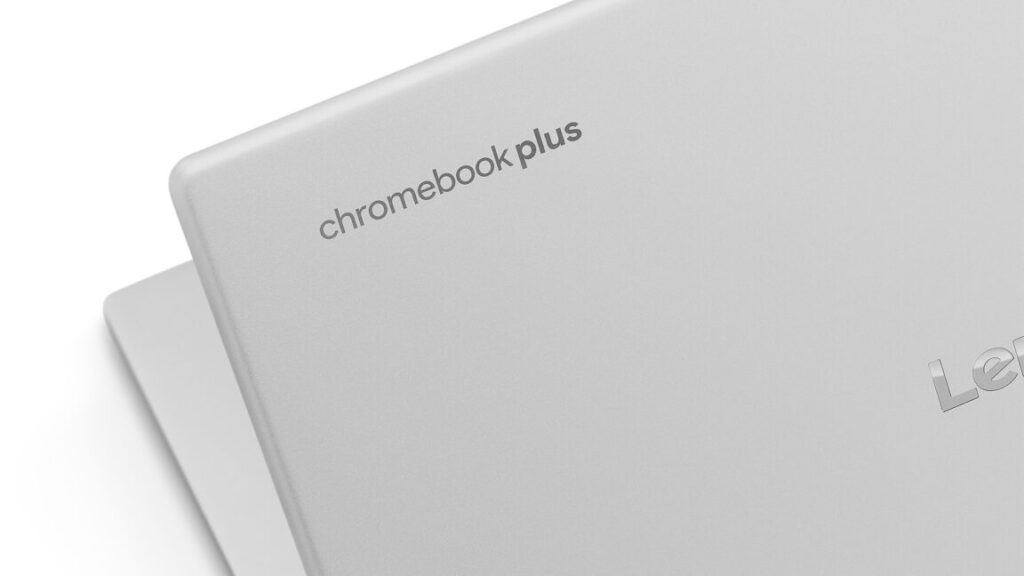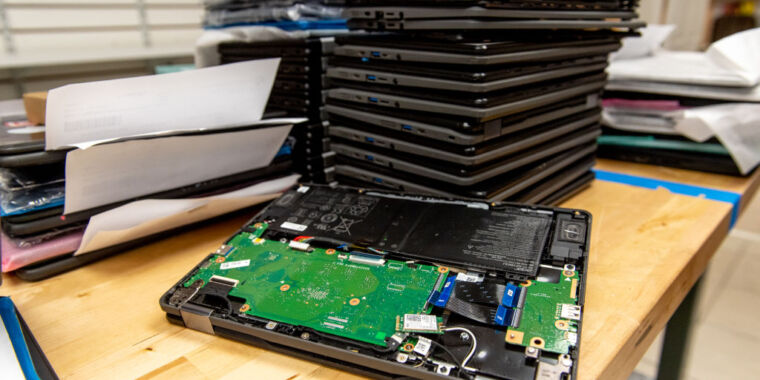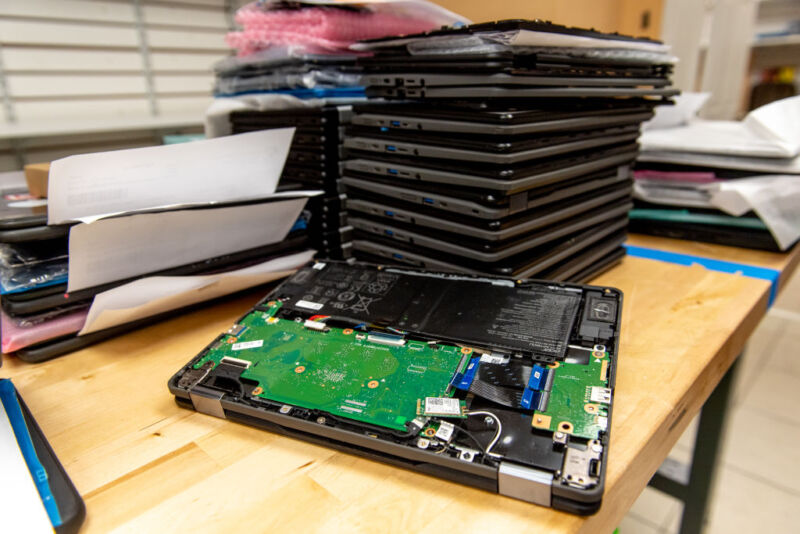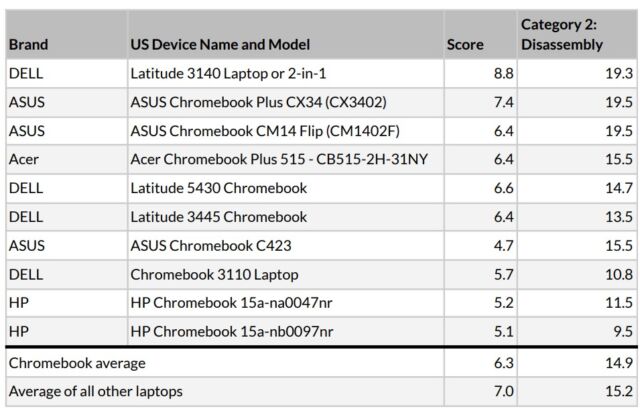Google’s latest swing at Chromebook gaming is a free year of GeForce Now
Earlier this year, Google announced the end of its efforts to get Steam running on Chromebooks, but it’s not done trying to make these low-power laptops into gaming machines. Google has teamed up with Nvidia to offer a version of GeForce Now cloud streaming that is perplexingly limited in some ways and generous in others. Starting today, anyone who buys a Chromebook will get a free year of a new service called GeForce Now Fast Pass. There are no ads and less waiting for server slots, but you don’t get to play very long.
Back before Google killed its Stadia game streaming service, it would often throw in a few months of the Pro subscription with Chromebook purchases. In the absence of its own gaming platform, Google has turned to Nvidia to level up Chromebook gaming. GeForce Now (GFN), which has been around in one form or another for more than a decade, allows you to render games on a remote server and stream the video output to the device of your choice. It works on computers, phones, TVs, and yes, Chromebooks.
The new Chromebook feature is not the same GeForce Now subscription you can get from Nvidia. Fast Pass, which is exclusive to Chromebooks, includes a mishmash of limits and bonuses that make it a pretty strange offering. Fast Pass is based on the free tier of GeForce Now, but users will get priority access to server slots. So no queuing for five or 10 minutes to start playing. It also lacks the ads that Nvidia’s standard free tier includes. Fast Pass also uses the more powerful RTX servers, which are otherwise limited to the $10-per-month ($100 yearly) Performance tier.
Google’s latest swing at Chromebook gaming is a free year of GeForce Now Read More »
